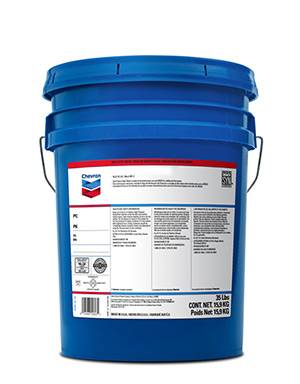Nov . 29, 2024 19:25 Back to list
Exploring the Benefits and Applications of CPVC Panels in Construction Industry
The Advantages of CPVC Panels in Construction
In recent years, the construction industry has seen a surge in the use of various materials designed to improve efficiency, durability, and sustainability. Among these, CPVC (Chlorinated Polyvinyl Chloride) panels have emerged as a prominent choice for builders and contractors alike. Known for their versatility and robust properties, CPVC panels offer numerous benefits that make them suitable for a wide array of construction applications.
What are CPVC Panels?
CPVC panels are made from a thermoplastic polymer, specifically chlorinated polyvinyl chloride, which is modified to enhance its heat resistance and chemical stability. CPVC is widely recognized for its use in piping systems, primarily in plumbing and industrial applications, but its advantages extend beyond just pipes. The introduction of CPVC into panel form has allowed for innovative uses in construction, particularly in wall cladding, internal partitions, and even roofing systems.
Durability and Longevity
One of the primary advantages of CPVC panels is their exceptional durability. These panels are resistant to corrosion, chemicals, and impacts, making them ideal for environments that experience harsh weather conditions or exposure to aggressive substances. Unlike traditional materials such as wood or metal, which may rot, rust, or deteriorate over time, CPVC panels maintain their integrity and appearance even under challenging circumstances. This durability translates into a longer lifespan for structures, reducing the need for frequent repairs or replacements.
Lightweight and Easy to Handle
CPVC panels are significantly lighter than many conventional building materials, which simplifies the handling and installation process. This lightweight nature contributes to lower transportation costs, ease of installation, and reduced labor requirements. Builders can install CPVC panels quickly and efficiently, which can accelerate project timelines and reduce overall labor costs. Additionally, the lighter weight means less strain on the structural elements of a building, a crucial consideration in designing safe and sustainable structures.
Thermal Insulation Properties
cpvc panel

Another important feature of CPVC panels is their excellent thermal insulation properties. These panels can effectively regulate indoor temperatures, leading to improved energy efficiency in buildings. By minimizing heat loss in the winter and keeping interiors cooler during summer, CPVC panels help reduce reliance on heating and cooling systems. Consequently, this not only lowers energy bills for occupants but also contributes to a decreased carbon footprint, aligning with global sustainability efforts.
Water Resistance
CPVC panels excel in environments where moisture and humidity pose significant challenges. Their water-resistant nature makes them an excellent choice for areas prone to dampness, such as bathrooms, kitchens, and outdoor applications. Unlike wood, which can warp and swell, or metal, which may corrode when exposed to moisture, CPVC panels maintain their structural integrity and appearance. This water resistance not only helps prolong the life of the panels but also contributes to a healthier indoor environment by minimizing mold and mildew growth.
Cost-Effectiveness
From a financial perspective, CPVC panels offer a cost-effective solution for builders and homeowners. While the initial investment may be comparable to other materials, the long-term savings associated with reduced maintenance, repair, and energy costs make CPVC panels an attractive option. Their longevity means fewer replacements over time, and their insulating properties translate into significant energy savings, yielding a favorable return on investment.
Versatility in Design
CPVC panels are available in a wide range of colors, textures, and finishes, providing designers and architects with the flexibility to create aesthetically pleasing interiors and exteriors. Whether opting for a sleek, modern look or a more traditional aesthetic, CPVC panels can be customized to meet specific design requirements. This versatility makes them suitable for various applications, from residential to commercial buildings.
Conclusion
In summary, CPVC panels stand out as a superior choice in the construction industry due to their durability, lightweight nature, thermal insulation properties, water resistance, cost-effectiveness, and design versatility. As the demand for sustainable and efficient building materials continues to rise, CPVC panels are poised to become even more popular in future construction projects. Their combination of practicality and performance makes them a valuable resource for builders aiming to create high-quality, long-lasting structures. Embracing the use of CPVC panels represents a forward-thinking approach to modern construction that prioritizes both efficiency and environmental responsibility.
-
PP U-channel: Chemical-Resistant, Lightweight & Durable
NewsAug.10,2025
-
Transparent PVC Pipe: Clear Flexible Tubing for Fluids
NewsAug.09,2025
-
Durable PP Rigid Sheet: Versatile & High-Quality Plastic Panels
NewsAug.08,2025
-
Premium Glossy PP Rigid Sheet – Durable & Versatile
NewsAug.07,2025
-
High-Quality HDPE Sheet | Durable Plastic Panels
NewsAug.06,2025
-
High-Precision PVC Rigid Sheets for Vacuum Forming | AI-Optimized
NewsAug.05,2025

